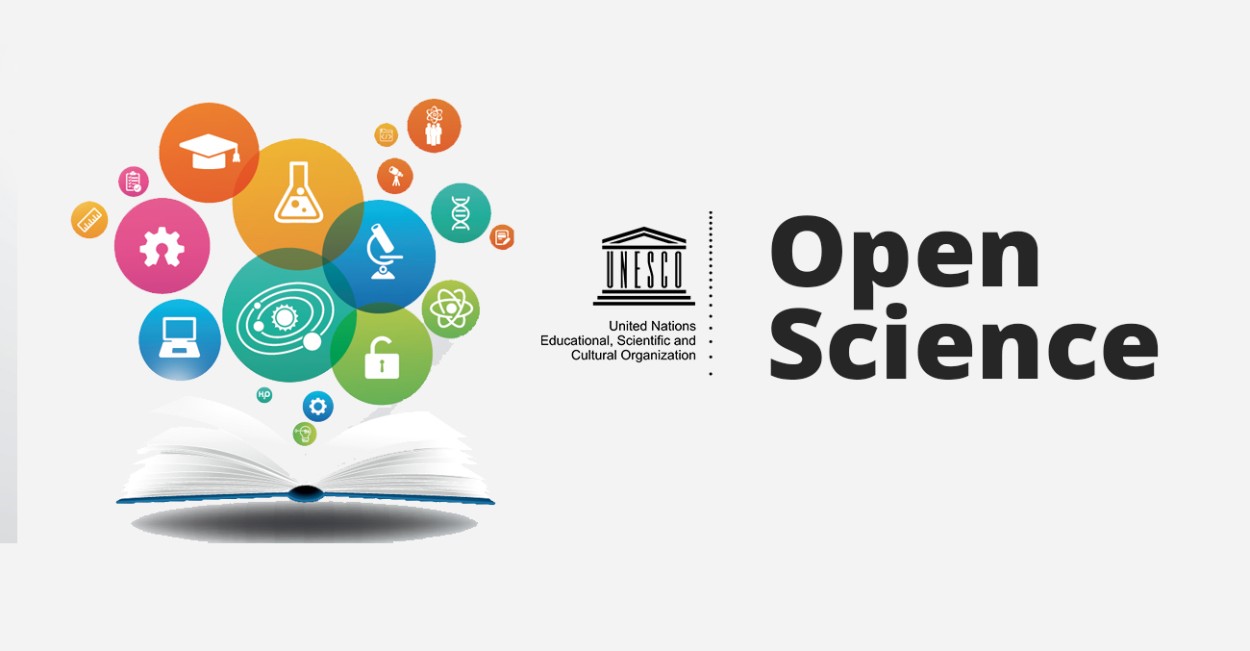Key leaders in the open-science movement said the adoption of the United Nations Educational Scientific and Cultural Organisation (UNESCO’s) open science recommendation is a ‘huge’ milestone. Abdulsalam MAHMUD writes.
Some key leaders in the open-science movement across the world have said that the adoption of the United Nations Educational Scientific and Cultural Organisation, UNESCO’s, open science recommendation represents a ‘huge’ geopolitical milestone.
They disclosed this to Frontiers Policy Labs while sharing their views on the significance of the ‘UNESCO Recommendation on Open Science’, adopted in late 2021.
The November 21 adoption
On November 21, 2021, 193 members of UNESCO adopted a recommendation on open science and, in the absence of the United States, set the first international open-science framework.
Heather Joseph, Executive Director of the Scholarly Publishing and Academic Resources Coalition (SPARC), said that, “When the 193 members states of UNESCO affirmed the recent Recommendation on Open Science earlier this year, they did more than just articulate an aspirational vision—they created a functional blueprint for the global community to reimagine how scientific knowledge should be shared in the 21st century.”
Dr. Paul Ayris, the Pro-Vice-Provost of Library, Culture, Collections and Open Science (LCCOS), explained that, “the UNESCO Recommendation on Open Science presents an opportunity for a global move towards embracing open science principles and practice”.
Open science, a breaking news
Wouter Schallier, Chief Librarian at the Hernán Santa Cruz Library of the United Nations Economic Commission for Latin America and the Caribbean, noted: “Our hope is that the UNESCO Recommendation will finally break the news on open science. Open science should indeed be breaking news.”
Thanos Giannakopoulos, Chief, United Nations Dag Hammarskjöld Library, described UNESCO’s Recommendation on Open Science as a landmark standard-setting instrument.
“It offers a much-needed universal definition of open science and its suite of practices, as well as a set of shared values and guiding principles. The Recommendation addresses inequality of access to the benefits of scientific progress between and among countries,” he said.
Digital transformation of science
According to Jean Claude Burgelman, Editor-in-Chief of Frontiers Lab, that UNESCO influenced 193 countries to accept a similar encompassing view of the direction in which science should evolve during this century indicates that scientific stakeholders around the world understand that the digital transformation of science and scientific publishing is both ongoing and offers new opportunities for science and its stakeholders.
“The UNESCO recommendation calls on member states to do three things: to establish regional and international funding mechanisms for open science, to ensure that all publicly funded research respects the principles and core values of open science, and to invest in the infrastructure necessary to support open science. These are all essential components of a mature open-science policy.
“Truly open science that benefits everyone will only become a reality when we recognize that scientific knowledge should be universally shared and accessible to all, from the highest to the lowest possible entry-level. Science, therefore, should be recognized as a public good,” Burgelman said.
Future of science and society
While Anindita Bhadra, Past Co-Chair and alumnus of Global Young Academy (GYA), believes that the UNESCO Recommendation on Open Science is a much needed and welcome step forward for the future of science and society.
“It is heartening to note that UNESCO has not only made a strong recommendation in support of open science, but has also “decided” that the member states will report on their progress toward implementing the recommendations every four years.
“We need to amplify the voices of young researchers across the globe and design inclusive policies that will make open science a realizable goal—not just wishful thinking—for a large majority of the world’s researchers,” she said.








